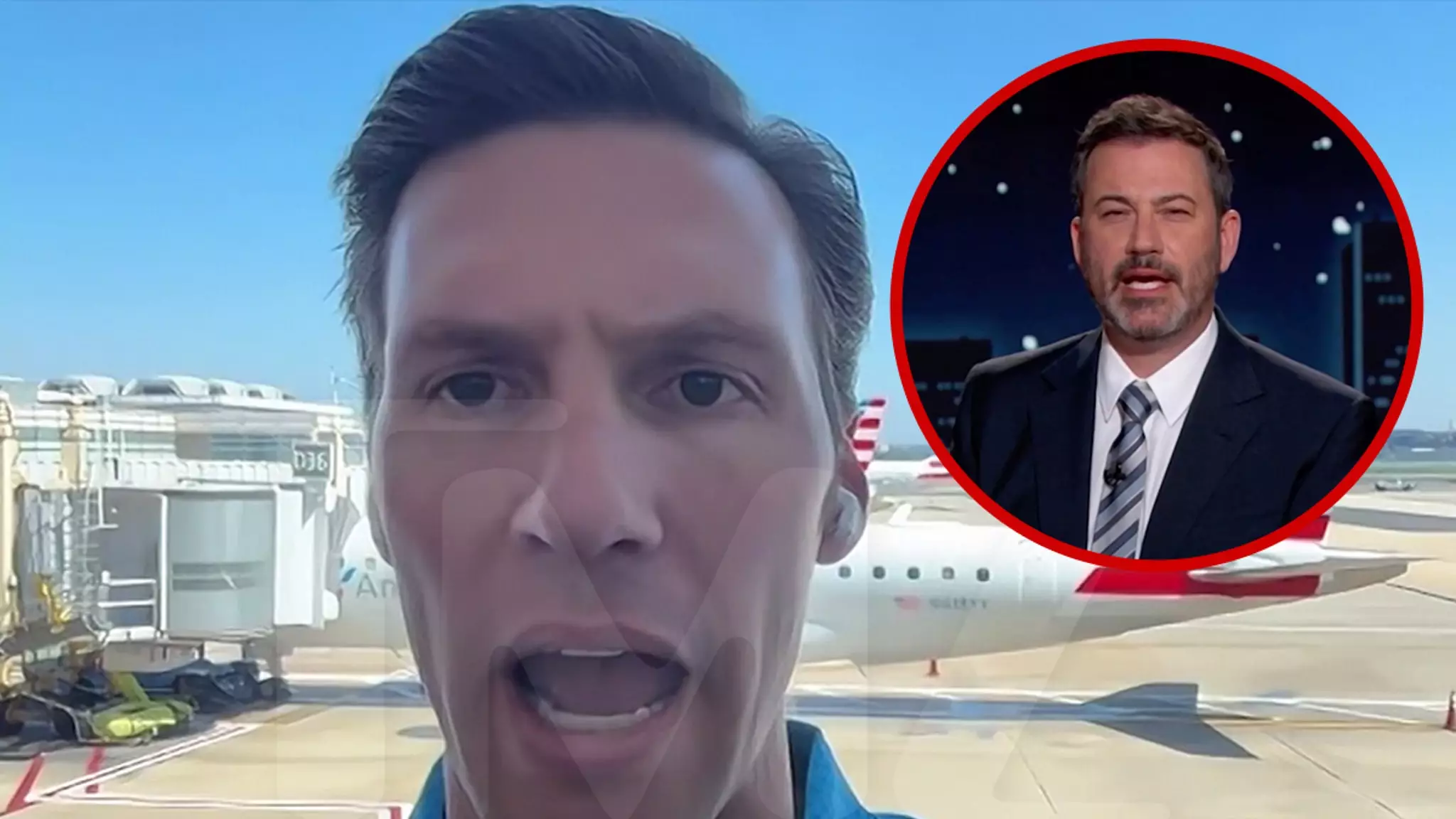The recent controversy surrounding the removal of “Jimmy Kimmel Live!” from ABC highlights a fundamental tension within American democracy: the delicate balance between free expression and societal accountability. While some argue that certain remarks warrant censorship, a deeper examination reveals the peril in allowing government entities, like the FCC, to dictate what is acceptable on entertainment platforms. The core of this debate isn’t merely about one comedian’s statements but about safeguarding the principles that underpin free speech—an essential pillar of a free society. When authorities intervene, even under the guise of protecting public morality or order, it sets a dangerous precedent that could threaten the very essence of open discourse. The role of the government should always be to protect the rights of citizens, not to suppress dissent or unpopular opinions, particularly in the realm of entertainment and commentary.
The Power and Responsibility of Speech
Jimmy Kimmel’s comments about Charlie Kirk’s murder, like many provocative statements, raise important questions about the boundaries of responsible speech. However, the line between free expression and harmful rhetoric is often blurred, and navigating it requires nuance. While the comedian’s words may have sparked outrage, they also serve as a reflection of the contentious climate in today’s political landscape. Freedom of speech entails the responsibility to communicate with respect, but it does not mean immunity from criticism or consequences. It’s vital to recognize that the marketplace of ideas benefits from open debate, rather than censorship. Suppressing controversial voices overnight risks transforming public discourse into sanitized echo chambers, stifling the diversity of opinion necessary for societal growth.
Government Overreach versus Accountability
The decision by FCC Chairman Brendan Carr to pressure ABC into pulling Kimmel from the air demonstrates a concerning shift toward government overreach. Rather than acting as a neutral arbiter, regulatory agencies seem increasingly influenced by political pressures and public outrage, undermining their legitimacy. This behavior threatens to politicize what should be independent oversight, potentially leading to censorship that hampers not only comedy but all forms of dissenting speech. Moreover, the invocation of the First Amendment as an absolute shield to protect speech from oversight must be scrutinized carefully. While free speech is fundamental, it does not grant absolute immunity from societal consequences or moral scrutiny. Upholding the right to express oneself must go hand-in-hand with a culture of responsibility, not government mandates that silence dissent or inconvenient truths.
The Political Dynamics and Public Discourse
The incident also sheds light on the polarized nature of American politics, where figures like Donald Trump are increasingly treated as anomalies, deserving of heightened scrutiny and vilification. The outcry over Kimmel’s remarks and Trump’s subsequent defense illustrate how political allegiances can influence perceptions of free speech and accountability. When celebrities or politicians speak out, we must consider whether their words reflect genuine concern for democratic principles or serve as tools to push particular agendas. The public outrage and exaggerated responses—such as threats of censorship or calls to silence popular figures—undermine the diversity of ideas and debate necessary for a robust democracy. It’s essential to reject attempts to weaponize free speech debates for political gain, ensuring that we measure societal progress in terms of resilience rather than capitulation.
The controversy surrounding Kimmel’s suspension underscores a crucial lesson: safeguarding free speech requires vigilance, not censorship. The government’s role should be to protect this freedom, not to manipulate it under pressure or political convenience. As citizens, we must remain committed to defending a space where ideas, even unpopular ones, can be expressed without fear of undue interference. Only then can the fundamental ideals of democracy truly flourish.

